

Articles
How Much To Repair A Dryer
Modified: August 16, 2024
Looking for articles on how much it costs to repair a dryer? Find out the average prices and factors to consider in this comprehensive guide.
(Many of the links in this article redirect to a specific reviewed product. Your purchase of these products through affiliate links helps to generate commission for Storables.com, at no extra cost. Learn more)
Introduction
The humble dryer is an essential appliance in most households, helping us efficiently dry our clothes and linens. However, like any other machine, dryers are prone to wear and tear over time. From strange noises to failure to produce heat, there can be various issues that arise with your dryer, requiring professional repair.
In this article, we will delve into the common problems that can occur with dryers, discuss the average cost of repairs, explore the factors that can affect repair costs, and weigh the pros and cons of DIY repairs versus hiring a professional. By the end, you’ll have a better understanding of how much to expect when it comes to repairing your dryer.
Key Takeaways:
- Repairing a dryer can cost between $100 to $400 on average, depending on the issue and location. Consider DIY for simple tasks, but hire a professional for complex repairs to ensure safety and effectiveness.
- Understanding common dryer problems, repair costs, and factors affecting those costs can help you make informed decisions. Prioritize safety and consider the complexity of the problem when deciding between DIY and professional repairs.
Read more: How Much Is A Belt For A Dryer
Common Dryer Problems
Before diving into the cost of repairing a dryer, it’s important to familiarize yourself with the common problems that can occur. Understanding these issues can help you diagnose the problem and decide whether it requires professional attention.
1. No Heat: One of the most common problems is when your dryer fails to produce heat. This can be caused by a faulty heating element, thermostat, or thermal fuse. If your dryer runs but doesn’t heat up, it’s likely that one of these components needs to be replaced.
2. Strange Noises: Another common issue that many people encounter is strange noises coming from the dryer. These can range from squeaking or grinding sounds to loud banging or thumping. Usually, these noises indicate a problem with the drum rollers, motor, or belt, all of which may need to be repaired or replaced.
3. Not Drying Properly: If you find that your clothes are not drying efficiently or are still damp after a cycle, there may be an issue with the dryer’s ventilation system. This can be caused by a clogged vent hose, a malfunctioning blower wheel, or a faulty thermostat. It’s crucial to address this problem promptly to avoid potential fire hazards.
4. Overheating: A dryer that overheats is not only inconvenient but also dangerous. If you notice excessive heat or burning smells coming from your dryer, it indicates a problem with the thermostat or heating element. It’s essential to address this issue immediately to prevent any potential fire hazards.
5. Door Issues: Problems with the dryer door can also occur, such as it not closing securely or not staying closed during a cycle. This can be caused by a faulty door latch or hinge. While it may seem like a minor issue, it can affect the efficiency of your dryer and should be fixed to avoid any further complications.
These are just a few of the most common problems that can occur with dryers. It’s important to address them promptly to prevent further damage to the appliance and ensure it continues to function efficiently.
Average Cost to Repair a Dryer
When it comes to repairing a dryer, the cost can vary depending on several factors, including the type and extent of the problem, the brand and model of the dryer, and the location of the service provider. On average, however, the cost to repair a dryer typically ranges from $100 to $400.
Simple repairs, such as replacing a blown fuse or a faulty thermostat, can be on the lower end of the price range. However, more complex issues, like replacing a motor or drum, may require a higher investment. Additionally, the cost of parts and labor will also affect the overall repair cost.
If you’re lucky, your dryer could be covered under a manufacturer’s warranty or extended warranty, which can offset or eliminate the repair costs. It’s worth checking your warranty documentation to see if you’re still eligible for coverage.
Keep in mind that these are just average estimates, and prices can vary depending on your location and the specific repair service you choose. Therefore, it’s always a good idea to request quotes from multiple repair technicians to ensure you’re getting a fair price.
While the cost of repairing a dryer may seem significant, it’s essential to weigh it against the cost of buying a new appliance. In many cases, repairing a dryer is more cost-effective than purchasing a brand-new one. Plus, repairing your dryer can help extend its lifespan, saving you money in the long run.
Regular maintenance such as cleaning the lint trap and exhaust vent can help prevent costly repairs for your dryer. It’s also a good idea to have a professional inspect and service your dryer annually to catch any potential issues early.
Factors that Affect Repair Costs
Several factors can influence the cost of repairing a dryer. Understanding these factors will give you a better idea of what to expect when it comes to the final repair bill.
1. Type of Problem: The type of problem your dryer is experiencing plays a significant role in determining the cost of repairs. Minor issues, such as a loose belt or a clogged vent, are generally less expensive to fix compared to major issues like a faulty motor or heating element.
2. Parts Replacement: The cost of replacement parts can vary widely depending on the brand and model of your dryer. Some dryer parts may be readily available and inexpensive, while others may be harder to find or require genuine manufacturer replacements, resulting in higher costs.
3. Labor Charges: The amount of labor required to repair your dryer also affects the overall cost. Some repairs may be straightforward and require minimal labor, while others may involve more complex procedures and longer repair times, resulting in higher labor charges.
4. Brand and Model: Different brands and models of dryers may have varying repair costs. Higher-end or specialized models may require more expensive parts or specific expertise, leading to higher repair bills.
5. Warranty Coverage: If your dryer is still under warranty, the repair costs may be partially or fully covered, reducing your out-of-pocket expenses. It’s important to check your warranty documentation and contact the manufacturer to determine the coverage details.
6. Location: Repair costs can also vary depending on your geographic location. In areas with a higher cost of living or a limited number of repair providers, you may find higher service charges compared to areas with more competition and lower operating costs.
It’s essential to communicate openly with your repair technician about the specific problem your dryer is facing and any budget constraints you may have. They can provide you with an accurate estimate and discuss any potential cost-saving alternatives or options.
DIY vs Professional Repair
When facing a dryer repair, you may be tempted to try your hand at a DIY fix to save money. While some simple repairs can be safely done by homeowners, it’s important to weigh the pros and cons of DIY repairs versus hiring a professional.
Pros of DIY Repair:
- Cost Savings: DIY repairs can be more cost-effective as you won’t have to pay for professional labor.
- Immediate Attention: If you’re comfortable with repairs and have the necessary tools, you can address the issue right away without waiting for a technician.
- Learning Opportunity: DIY repairs can provide a valuable learning experience and help you become more familiar with your appliance.
Cons of DIY Repair:
- Safety Risks: Some dryer repairs involve electrical components, which can be dangerous if not handled correctly. Hiring a professional ensures the job is done safely.
- Lack of Expertise: Professionals have the knowledge, experience, and specialized tools to diagnose and repair complex dryer issues accurately.
- Potential Damage: Attempting a DIY repair without proper knowledge or experience can lead to further damage to your dryer, potentially increasing repair costs.
When deciding whether to DIY or hire a professional, consider the complexity of the repair, your own skills and confidence level, and the potential risks involved. Simple tasks like cleaning vents or replacing a hose can generally be done by homeowners, but for more intricate and technical repairs, it’s recommended to seek professional assistance.
Professional repair technicians have access to manufacturer’s specifications, can source genuine parts, and are better equipped to handle complex issues. They can also provide warranties on their work, giving you peace of mind.
Ultimately, your decision should be based on your comfort level, the nature of the problem, and your budget. In some cases, it may be more cost-effective and safer to hire a professional from the start.
Read more: How Much Is A Washer Dryer
Conclusion
When it comes to repairing a dryer, it’s important to be aware of the common problems that can arise, the average costs of repairs, and the factors that can affect those costs. Understanding these factors can help you make an informed decision when faced with a malfunctioning dryer.
While minor issues and simple repairs can potentially be tackled through DIY methods, it’s crucial to prioritize your safety and consider the complexity of the problem. For more significant or complex repairs, it’s advisable to hire a professional repair technician who has the necessary expertise, knowledge, and tools to get the job done safely and effectively.
When estimating the cost of repairs, keep in mind that prices can vary depending on factors such as the type of problem, parts replacement needs, labor charges, and your location. Obtaining quotes from multiple professionals will ensure you get a fair price for the repairs.
Ultimately, your decision should be based on the severity of the problem, your own skill level, and your budget. While DIY repairs can offer cost savings and a sense of satisfaction, professional repairs provide expertise, safety, and peace of mind.
Remember, repairing your dryer can extend its lifespan, saving you money in the long run. Whether you choose to go the DIY route or hire a professional, addressing dryer problems promptly can help you get your appliance back up and running efficiently.
So, next time you encounter a dryer issue, weigh your options, consider the factors, and make an informed decision that suits your needs and priorities. Your well-functioning and reliable dryer will thank you!
Frequently Asked Questions about How Much To Repair A Dryer
Was this page helpful?
At Storables.com, we guarantee accurate and reliable information. Our content, validated by Expert Board Contributors, is crafted following stringent Editorial Policies. We're committed to providing you with well-researched, expert-backed insights for all your informational needs.
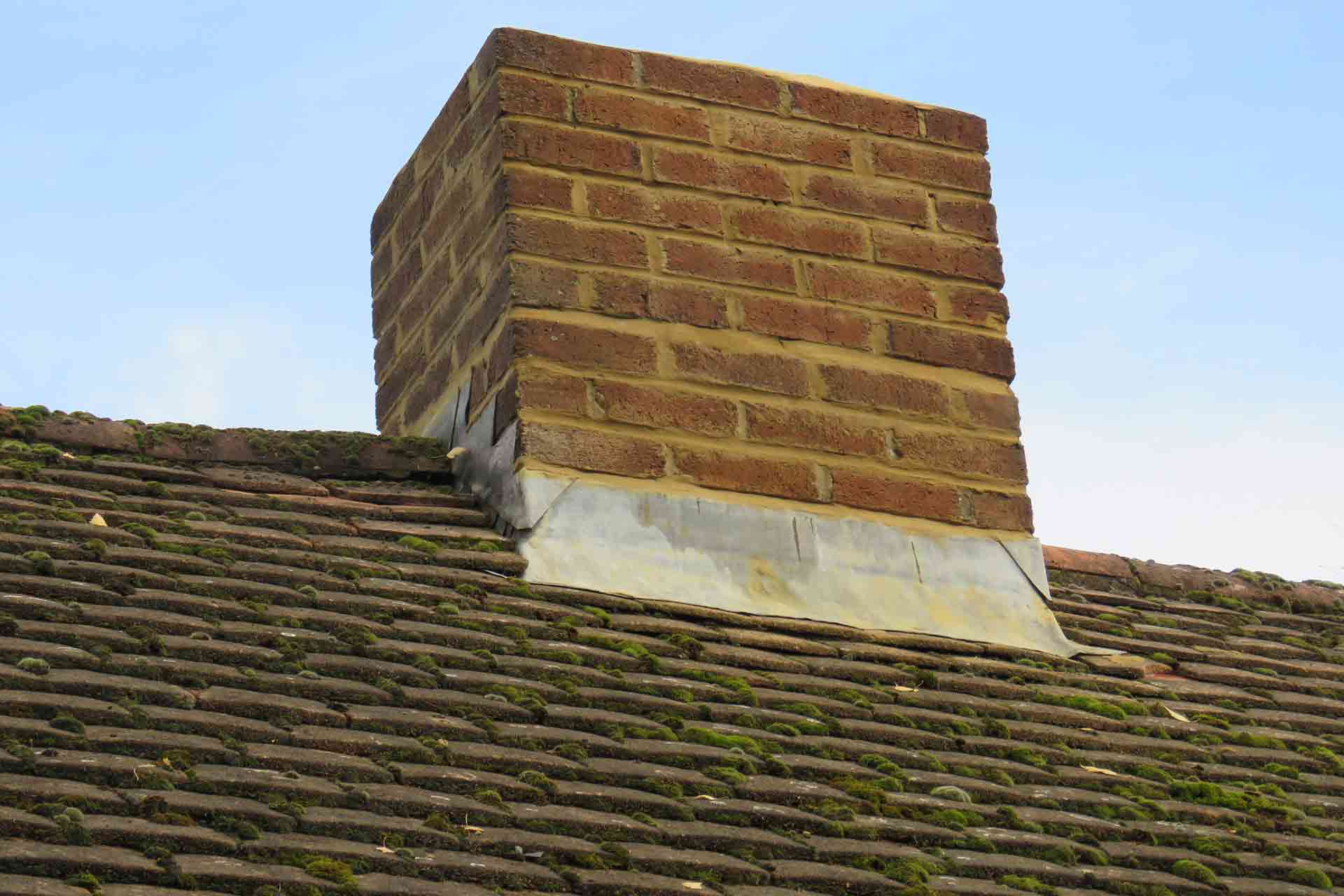
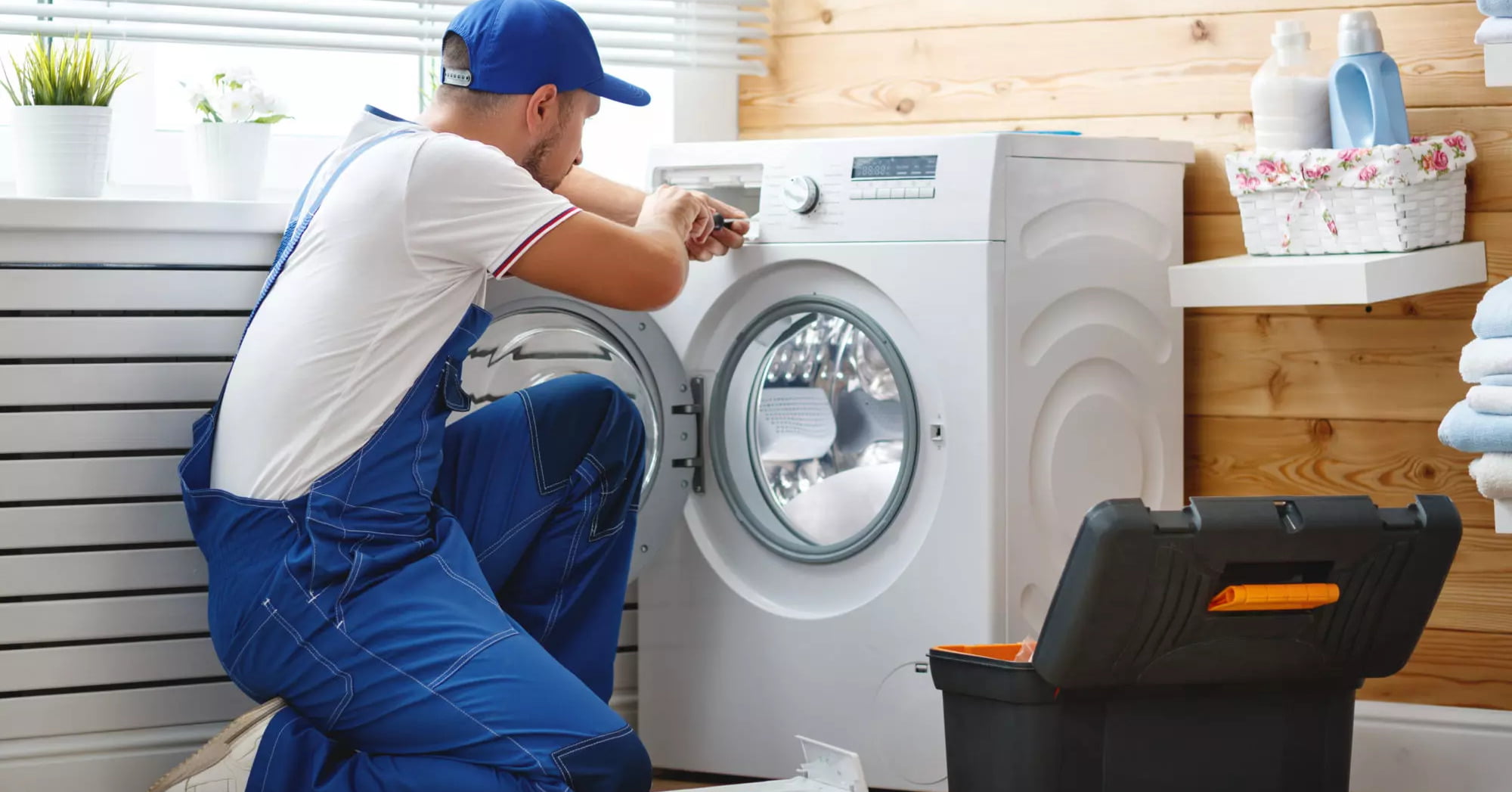
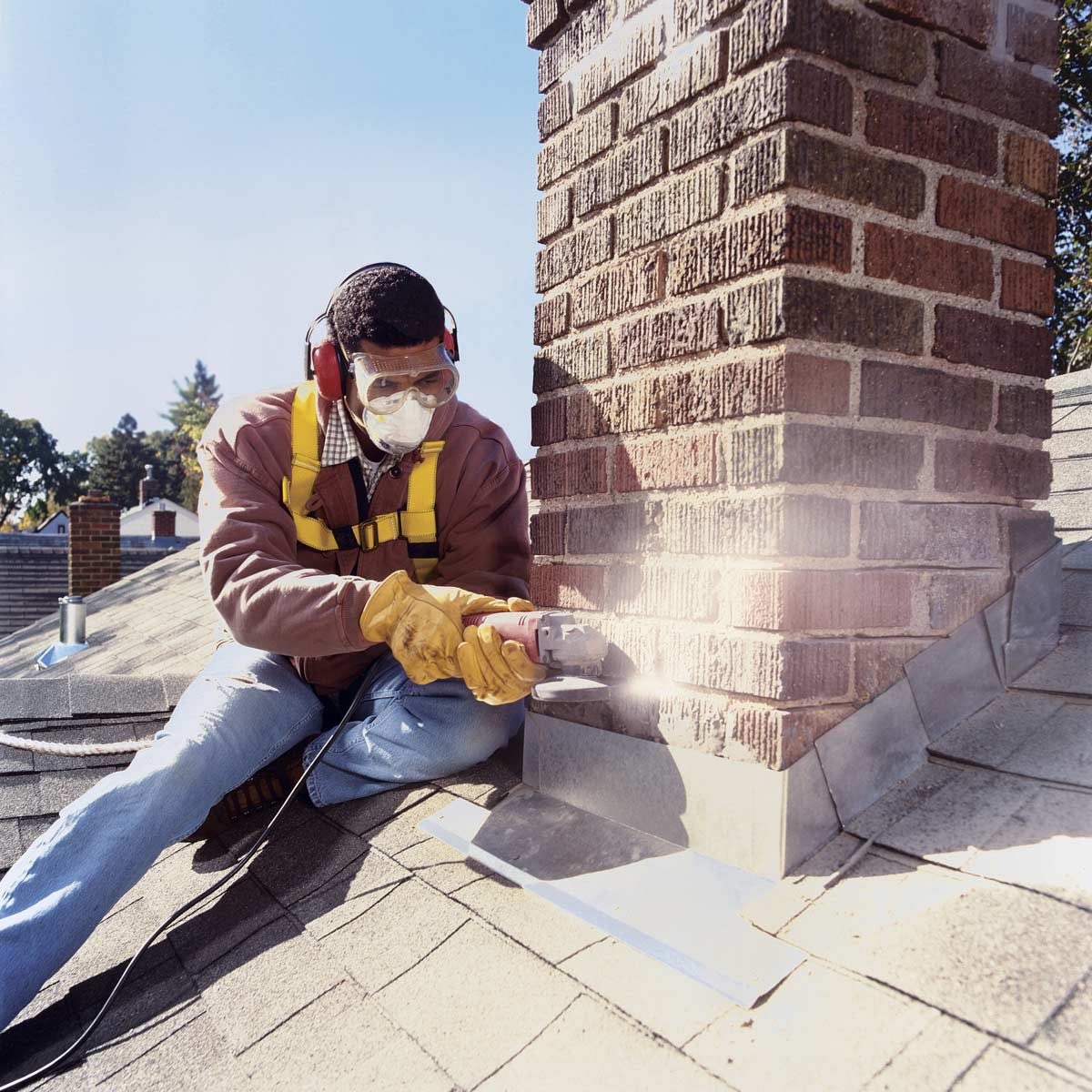
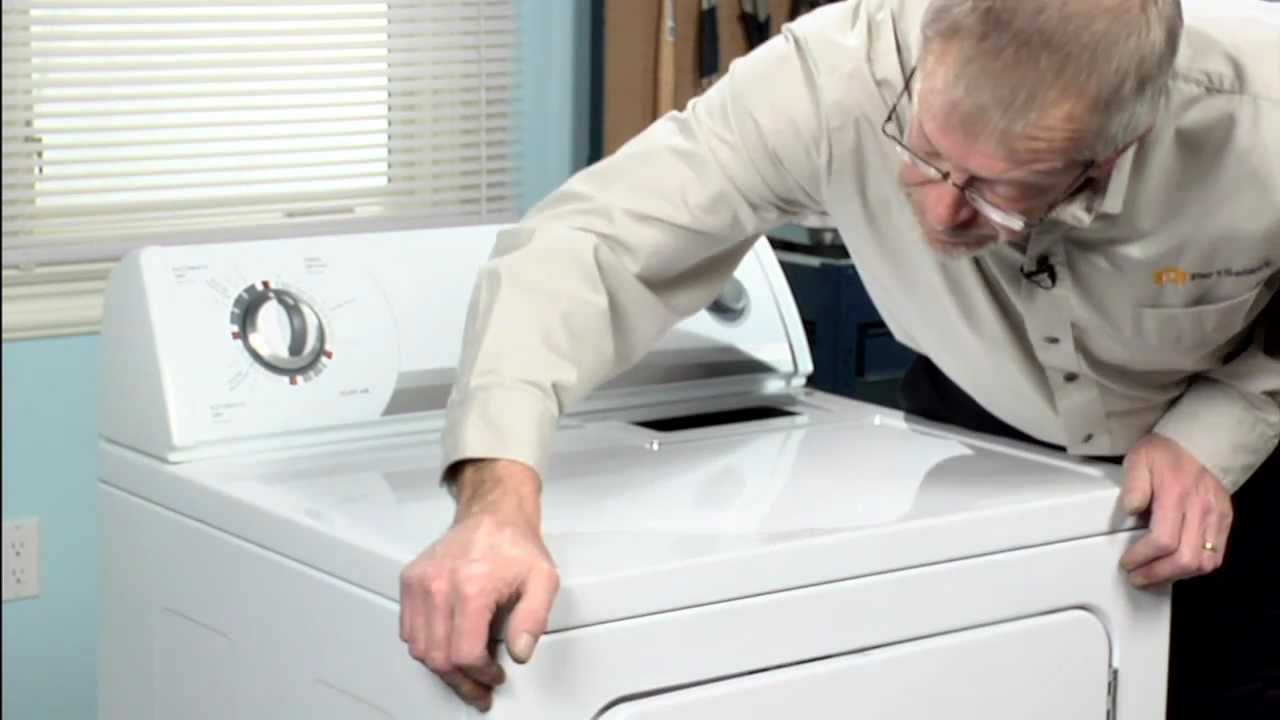

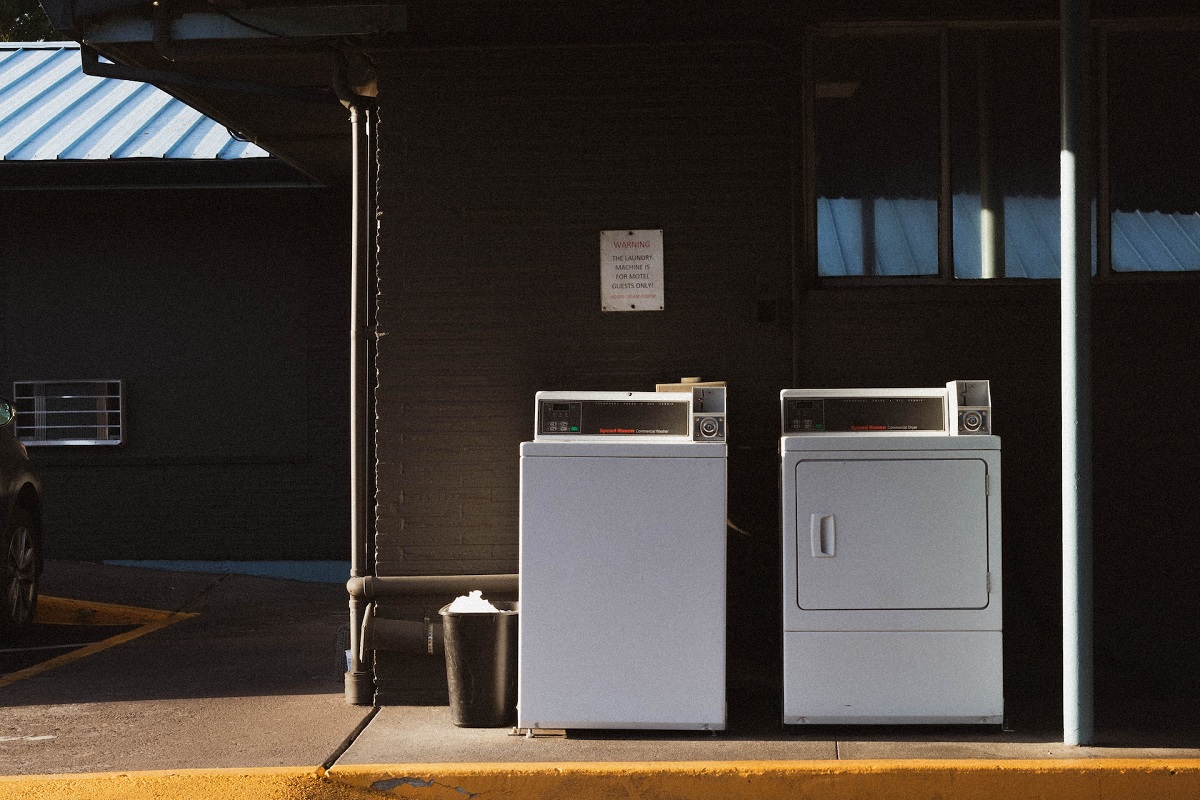
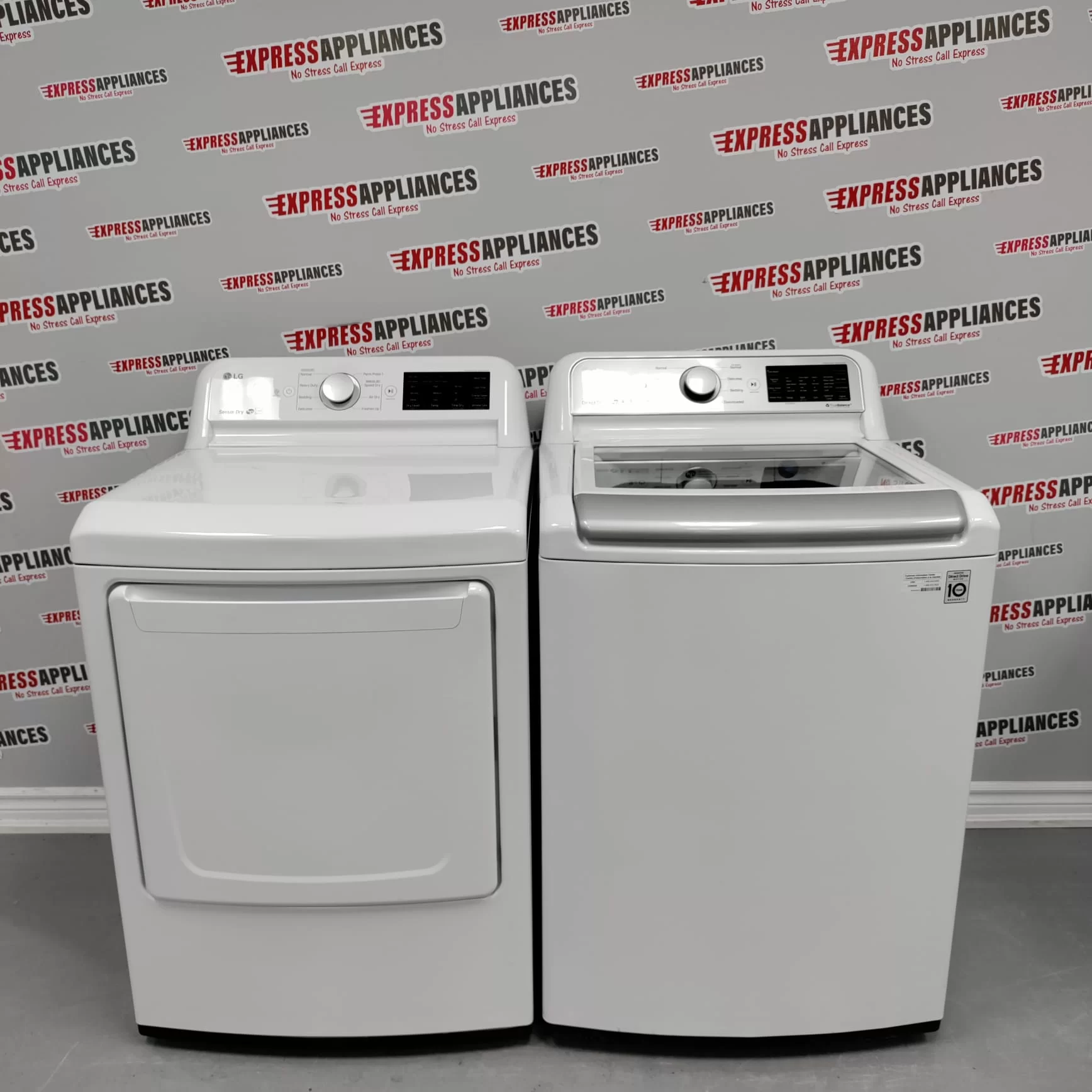
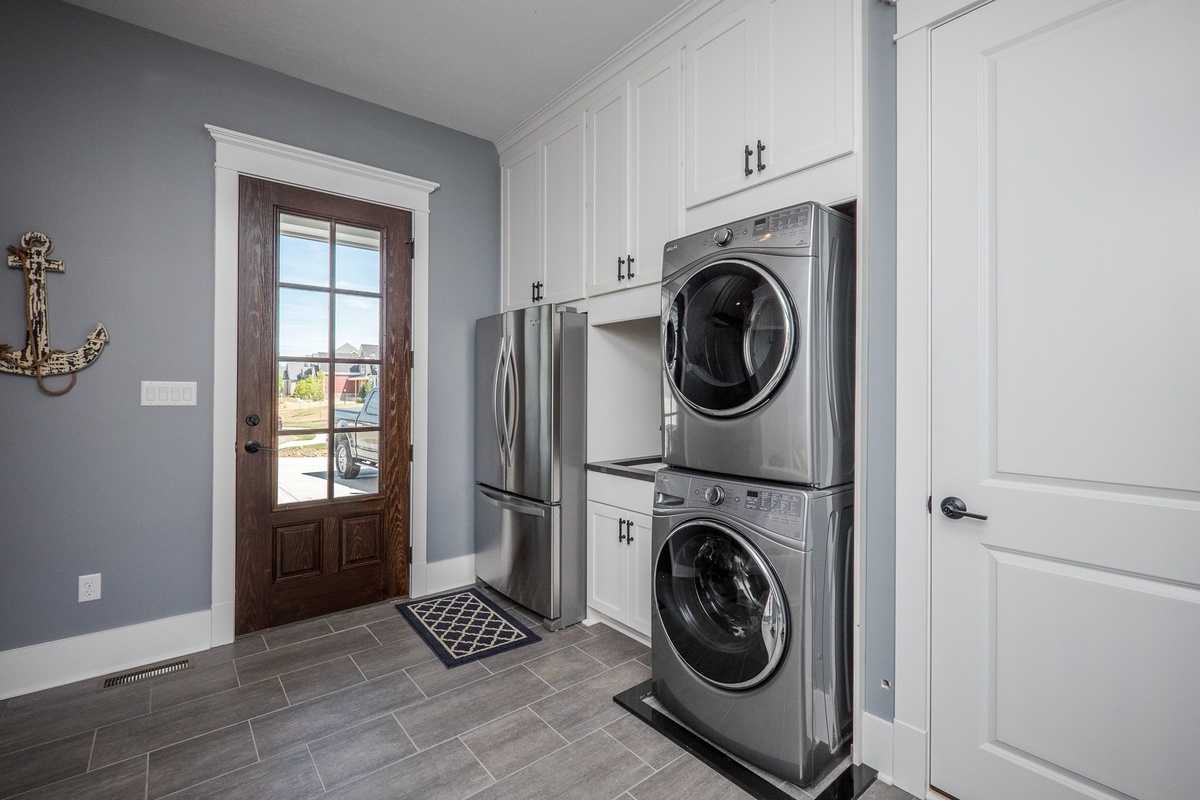
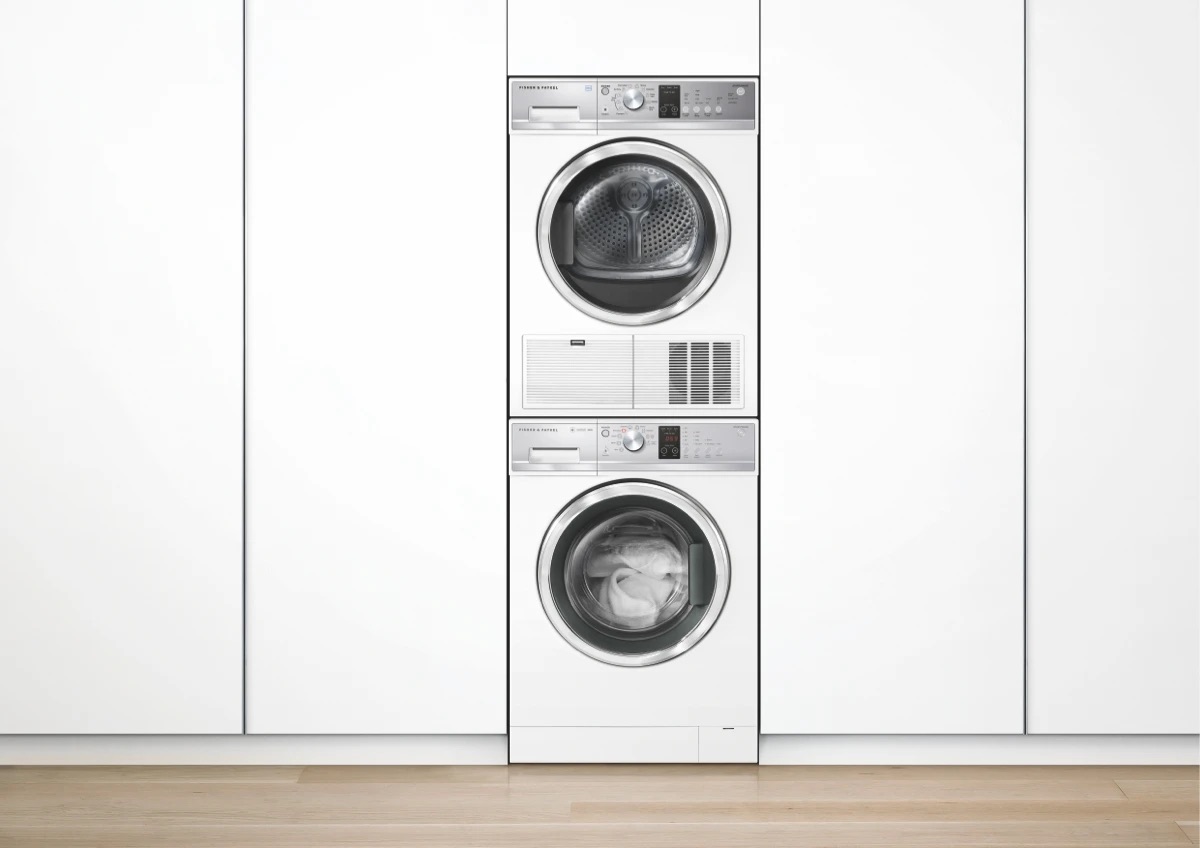
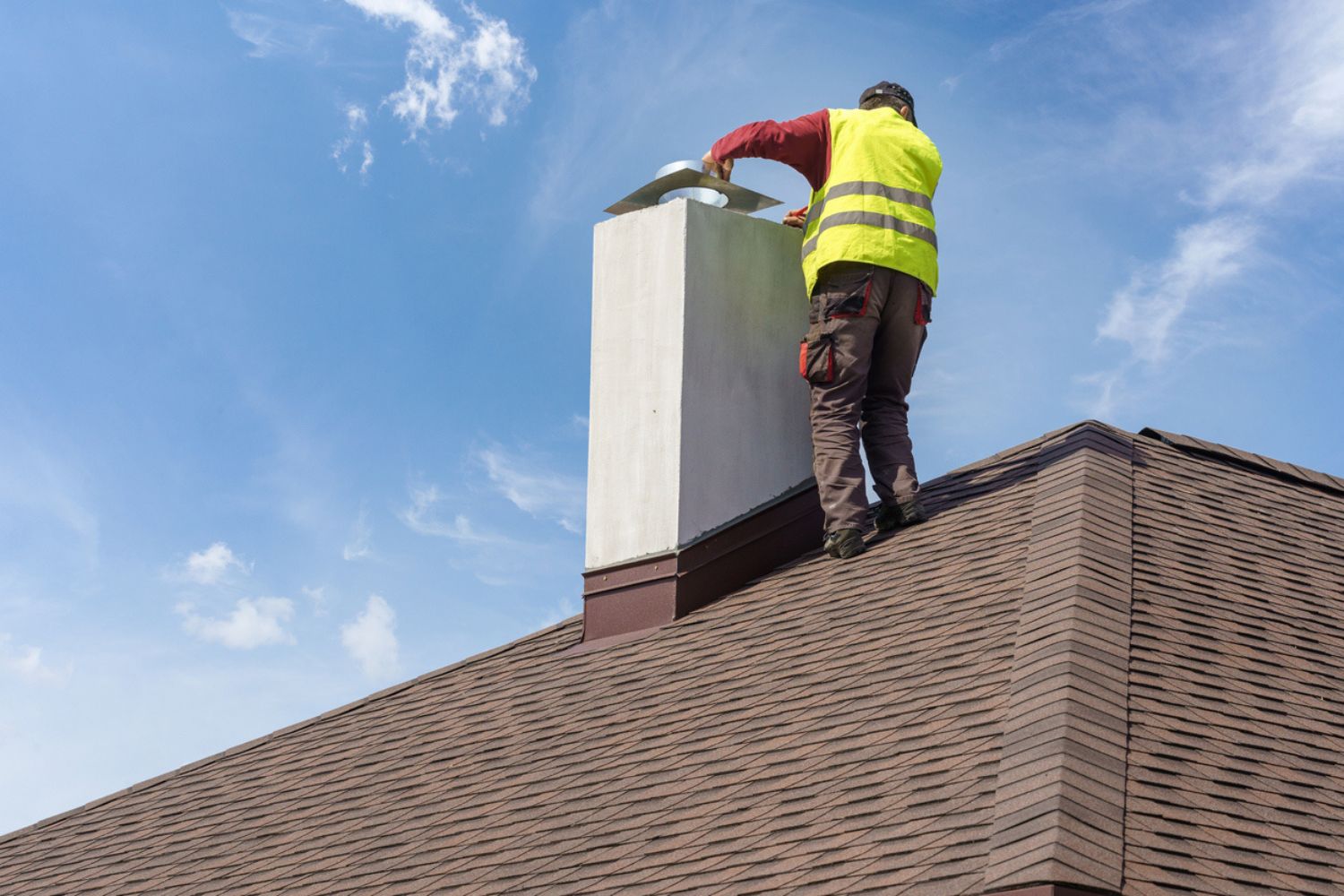
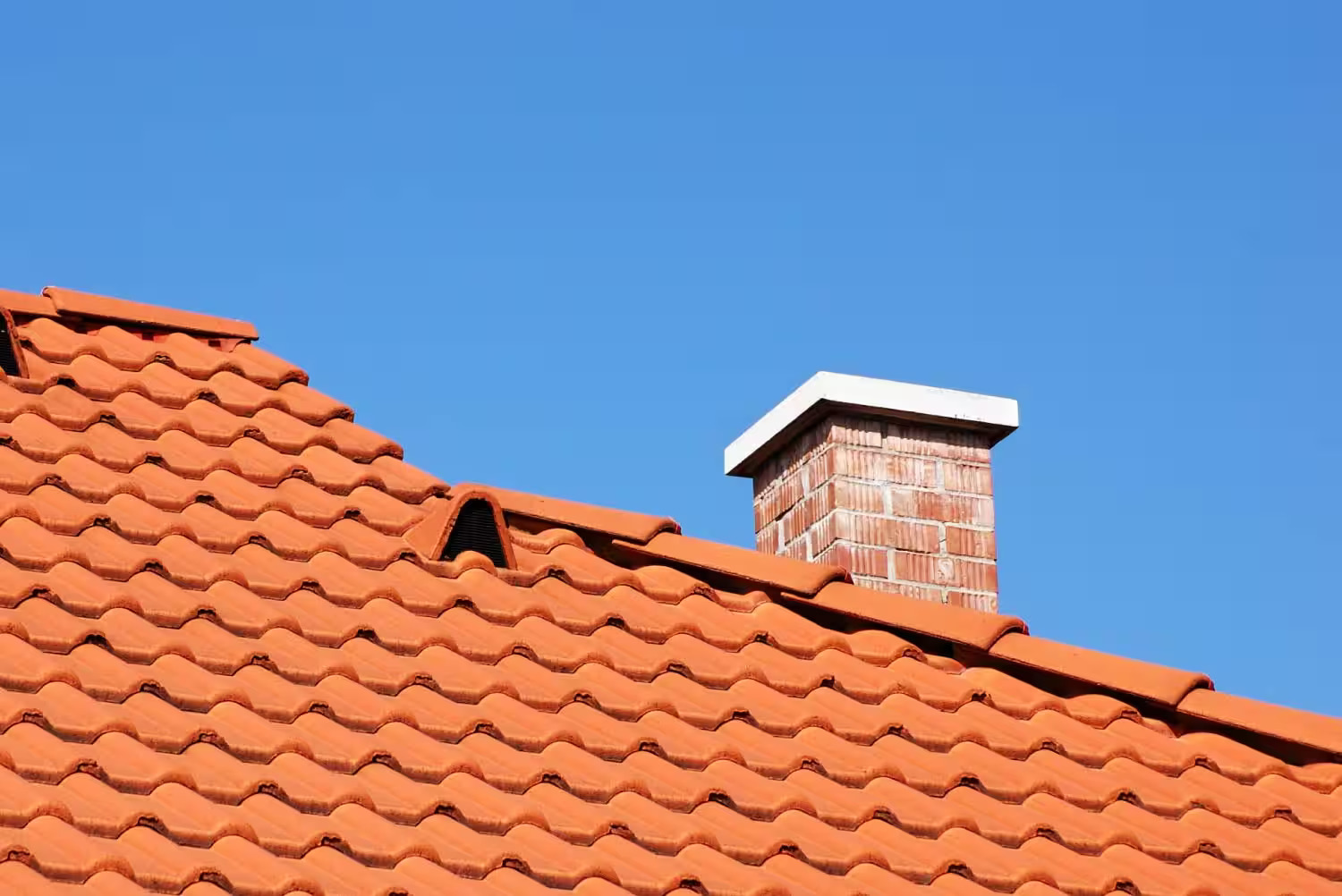
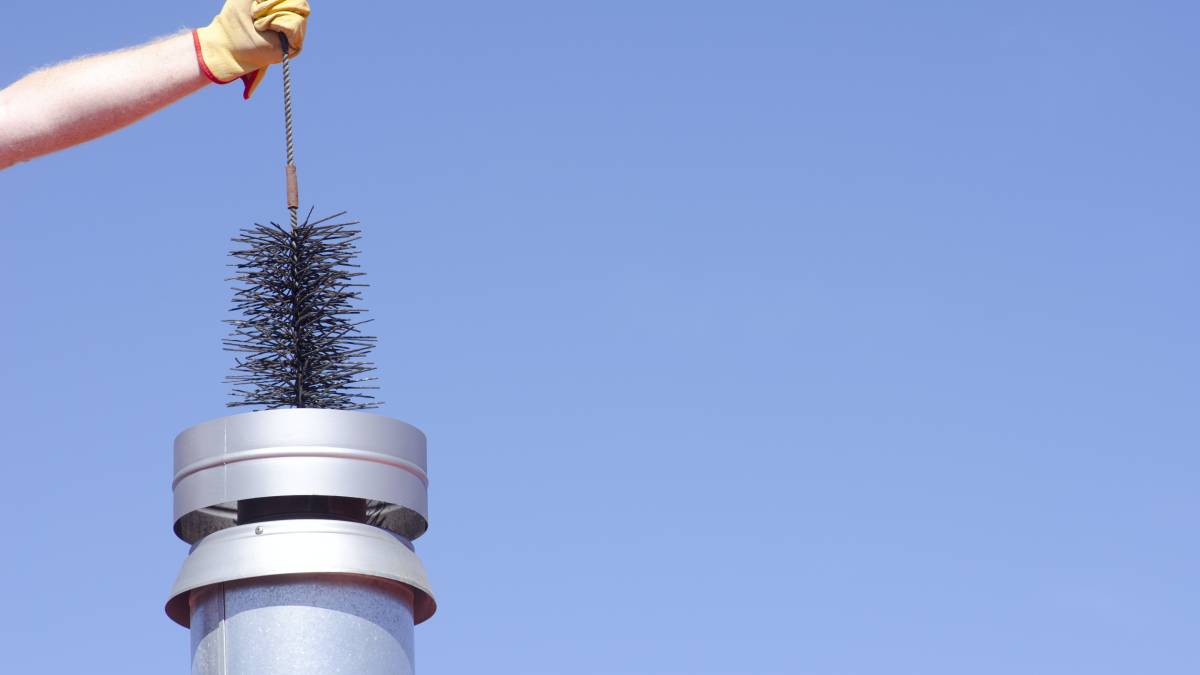
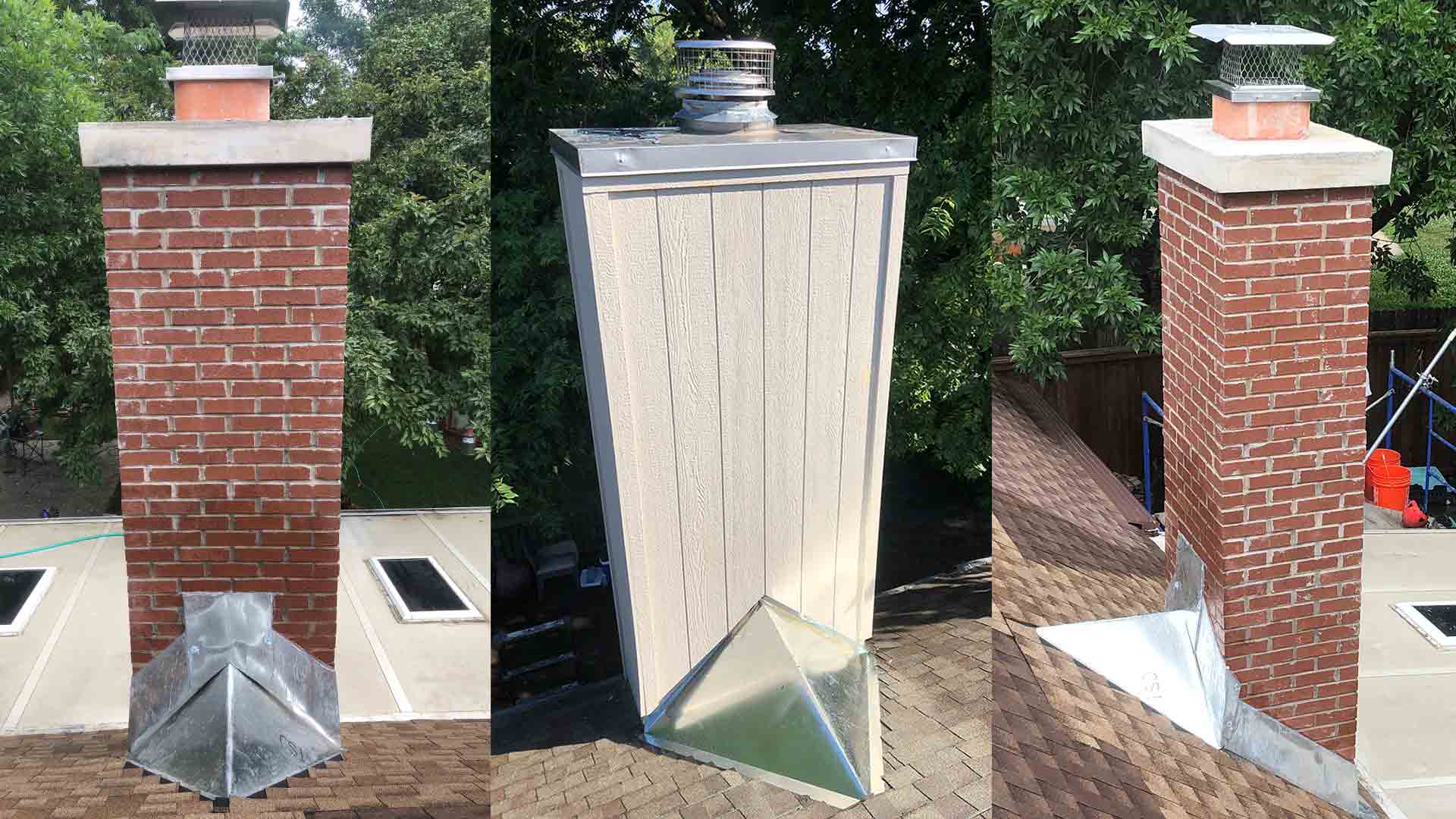


0 thoughts on “How Much To Repair A Dryer”